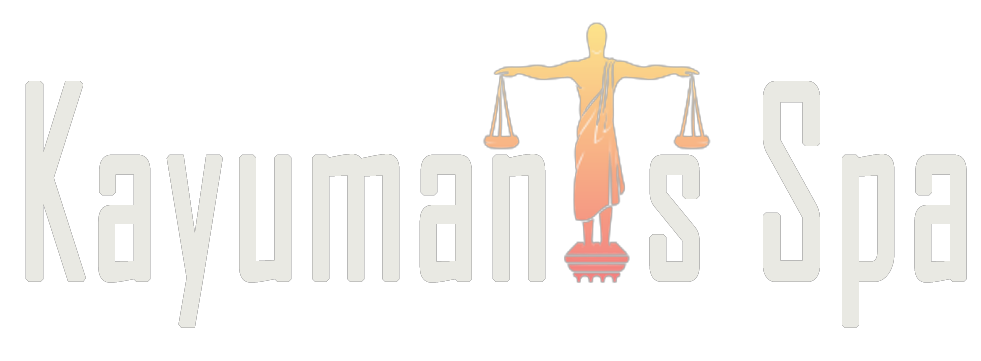At JP Legal Law Firm LLC, we pride ourselves on our extensive experience and expertise in various areas of the
Lawyers
Legal

Unlocking Success Inside the World of JP Legal Law Firm
Step into the world of JP Legal Law Firm and uncover the key to unlocking success in the legal arena.
Constitutional

Demystifying Constitutional Law Erwin Chemerinsky’s Comprehensive Outline
Embark on a journey through constitutional law outline with Erwin Chemerinsky profound insight. In this article, we unravel the intricacies
Popular Post
Latest Post

Unlocking Success How JP Legal Law Firm LLC Ensures Your Legal Victory
At JP Legal Law Firm LLC, we pride ourselves on our extensive experience and expertise in various areas of the

Unlocking Success Inside the World of JP Legal Law Firm
Step into the world of JP Legal Law Firm and uncover the key to unlocking success in the legal arena.

How to Succeed and Thrive in the Competitive World of Labor and Employment Law Jobs
Are you interested in a career in labor and employment law? The legal field can be highly competitive, but with

Navigating the Complex World of Employment Law Jobs A Comprehensive Guide
Navigating the complex world of employment law jobs can be overwhelming, especially with the ever-changing landscape of regulations and legal

Navigating the Legal Landscape How an Employment Contract Lawyer in NYC Can Protect Your Rights
When it comes to your employment, knowledge is power. Whether you’re just starting a new job or have been with

Safeguard Your Rights How an Employment Contract Lawyer in Brisbane Can Protect Your Interests
Are you aware of your rights as an employee and the importance of safeguarding them? Employment contracts play a pivotal

Lights, Camera, Business Top Business Movies That Excite and Inspire
Movies have a unique ability to captivate audiences, transporting them into different worlds and narratives. When it comes to the

The Innovative Design and Superior Performance of the Ruger AI Magazine
Firearms enthusiasts understand the importance of having the right accessories to enhance their shooting experience. The Ruger AI Magazine is

Car Wont Start Just Clicks The Enigma of a Silent Engine
A perplexing situation arises when your car exhibits a refusal to start, accompanied by an incessant clicking sound. This disconcerting

Comparing Crowdspring and Designcrowd A Detailed Analysis
When it comes to crowdsourcing platforms, Crowdspring vs.Designcrowd stand out as formidable options. In this article, we will conduct a

New Accounting Client Checklist
In the realm of New accounting client checklist, attracting new clients is always a cause for celebration. However, it is

American Collectors Insurance Company Protecting Your Valuable Collectibles
When it comes to collecting valuable items, whether it’s rare coins, vintage cars, or fine art, it’s essential to have


























